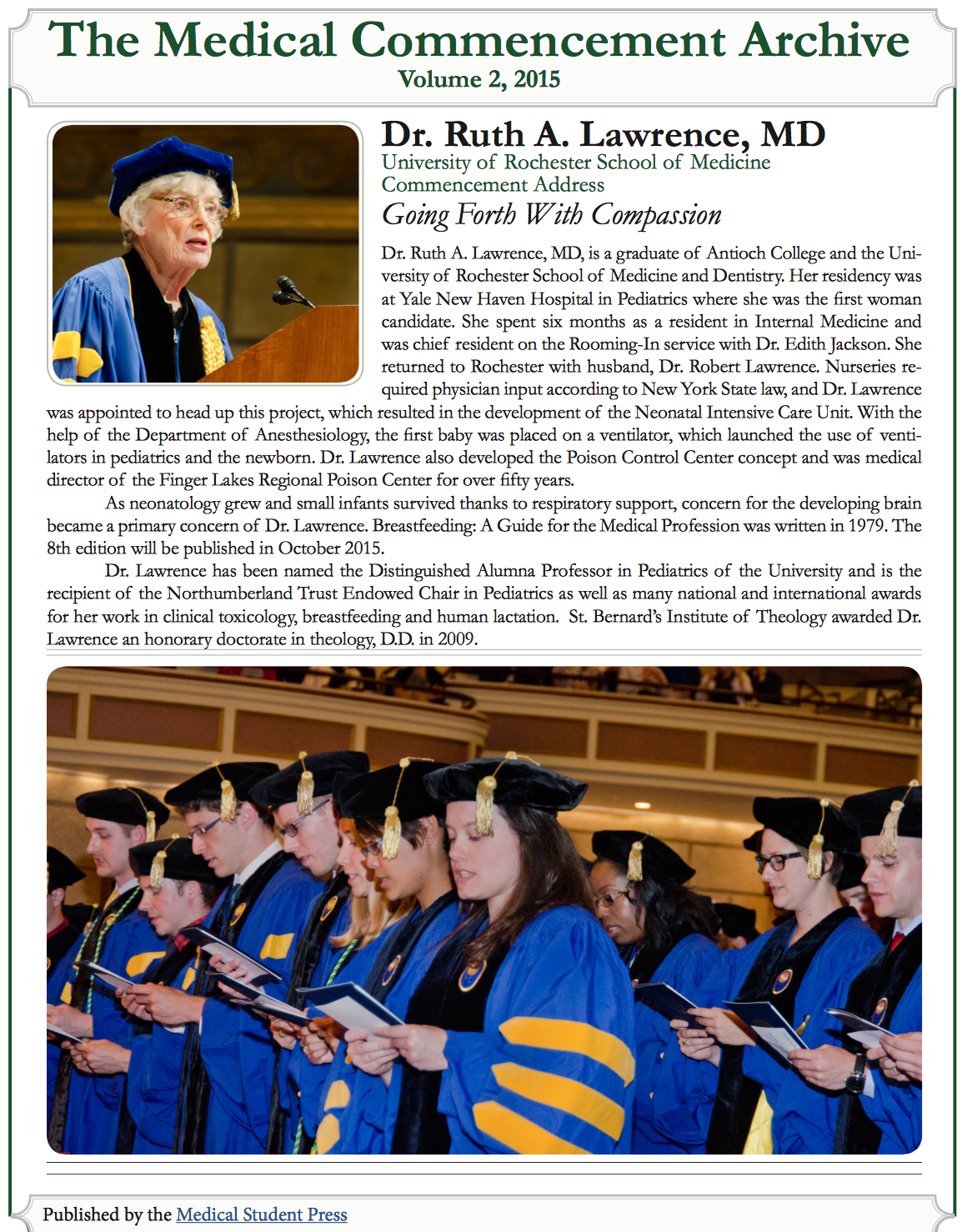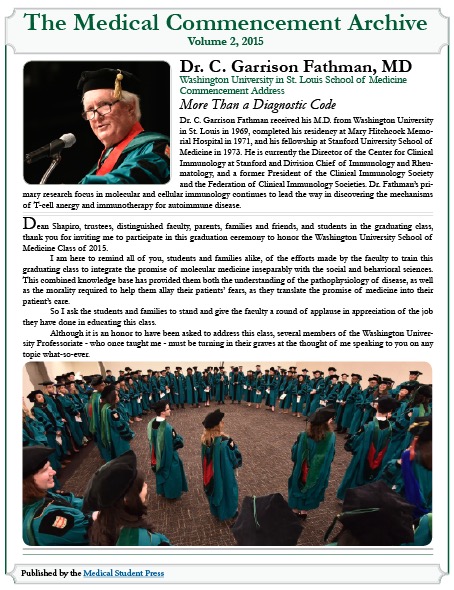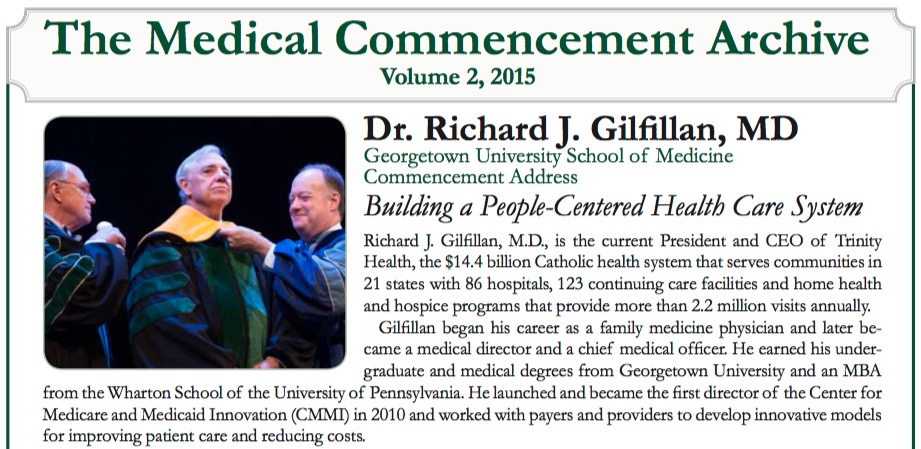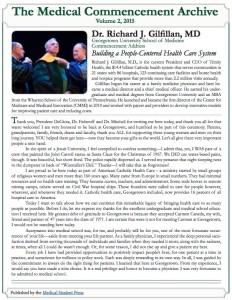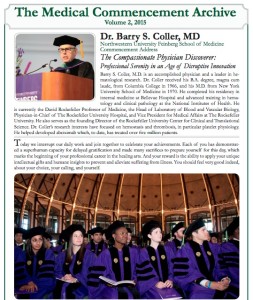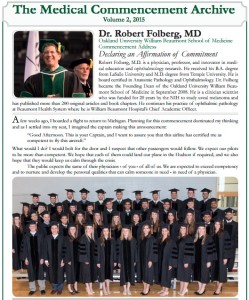This week, Dr. Paul Klotman’s 2015 Commencement Speech at the Baylor College of Medicine entitled, “Where There Are Challenges, There Is Huge Opportunity” debuts via the Medical Student Press.
Dr. Paul Klotman began serving as President and CEO of Baylor College of Medicine in 2010. He
received his Bachelor’s degree in 1972 from the University of Michigan and his M.D. from Indiana University in 1976. He completed his medicine and nephrology training at Duke University Medical Center. In 2001, he was selected to be the Chair of the Samuel Bronfman Department of Medicine of the Mount Sinai School of Medicine. The BCM Board of Trustees named him as the school’s new President in July of 2010.
Dr. Klotman’s research has been a blend of both basic and clinical research in molecular virology and AIDS pathogenesis. He developed the first small animal model of HIV-associated nephropathy using transgenic techniques. He is on the editorial boards of journals in both the United States and in Europe and he has served on and chaired numerous study sections including those from the NIH, the American Heart Association, the National Kidney Foundation, and the VA research service.

At Baylor College of Medicine, he oversees the only private health science university in the Greater Southwest, with research funding of nearly $400 million. The medical school is ranked as one of the top 20 for research by U.S. News & World Report and first among all Texas colleges, universities and medical schools in federal funding for research and development.
Dr. Klotman begins his address by jumping right into the topic of ethical consequences when medical expenses influences treatment options:
“How do we measure it and how do we make sure we do the right thing even if it costs more? …All this sounds good but unless we deal with the costs of intervention and the costs of end of life care, we will struggle to bend the cost curve significantly.”
He further discusses the continued issue of the uninsured poor, despite government and local changes, and the graduates’ role in being catalysts of improving the opportunities that the underserved have in attaining medical care:
“But where there are challenges, there is huge opportunity. And the opportunities in health care have never been greater. Whether it’s new approaches to the discovery of drugs, transformational technologies to expand access to or delivery of care, or novel ways to approach the health of populations, the opportunity to innovate and transform has never been more apparent.”

